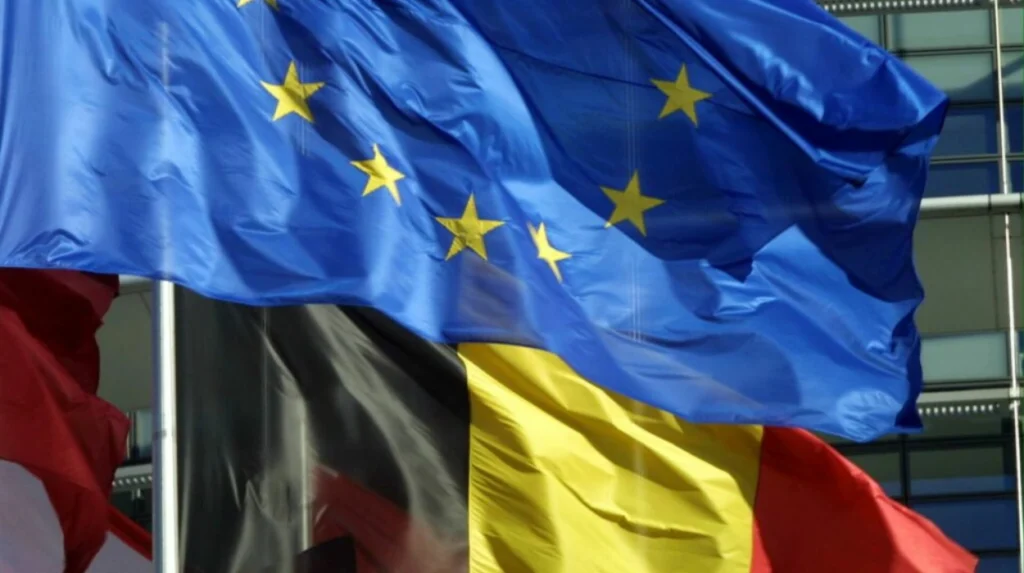Belgium and Europe share a deeply intertwined history and a dynamic relationship that extends beyond geographical proximity into economic, political, and cultural dimensions. As a founding member of the European Union and host to many of its principal institutions, Belgium plays a central role in the heart of European integration. This article explores Belgium’s position within Europe, the development of its ties with the European Union, and the significant impact of European institutions located primarily in Brussels.
Belgium’s Role in European Integration
Belgium’s journey as a European nation is inseparable from the post-World War II efforts to secure lasting peace and economic stability on the continent. As part of the original six founding countries, along with France, West Germany, Italy, Luxembourg, and the Netherlands, Belgium signed the Treaty of Paris in 1951 which established the European Coal and Steel Community (ECSC). This groundbreaking agreement aimed at pooling resource control between member states to make war materially impossible.
Subsequently, Belgium was a signatory to the Treaty of Rome in 1957, which created the European Economic Community (EEC) and the European Atomic Energy Community (EURATOM). The EEC, which later evolved into the European Community and then the European Union, was dedicated to fostering deeper economic integration including a customs union and a single market enabling the free movement of goods, services, capital, and people.
Brussels as the De Facto Capital of Europe
Brussels, the capital of Belgium, is widely recognized as the de facto capital of the European Union, hosting a significant concentration of EU institutions within its European Quarter. These institutions include the European Commission, the Council of the European Union, and the European Council, along with a secondary seat of the European Parliament.
The selection of Brussels as the center of European governance was strategic, owing to its location approximately equidistant from three major European powers: France, Germany, and the United Kingdom. This geographic neutrality symbolized a commitment to cooperation and balance among historically rival nations an essential factor in the area’s post-war reconciliation and integration efforts.
The presence of the EU institutions in Brussels has substantial economic and social impacts on the city and region. It contributes significantly to local GDP and employment, with hundreds of thousands of jobs connected directly or indirectly to EU activities. The city’s infrastructure, real estate market, and international business environment are heavily shaped by its role as a European hub.
Historical Development of the European Institutions in Belgium
Initially, the European institutions didn’t immediately settle in Brussels. Following the establishment of the ECSC, provisional institutional seats were allocated to Luxembourg and Strasbourg due to their existing facilities. Brussels only formally entered the picture with the development of the EEC and EURATOM.
Soon after, in the late 1950s, Belgian authorities actively campaigned to host the institutions, investing in office buildings and infrastructure, including the now-iconic Berlaymont building designed as the European Commission’s headquarters. Over time, as the EU expanded and its bureaucratic machinery grew, Brussels steadily became the focal point for European governance.
A landmark in the institutional geography came with the 1965 Merger Treaty, which amalgamated the institutions of the ECSC, EEC, and EURATOM, consolidating many decision-making bodies in Brussels while retaining judicial and parliamentary seats in Luxembourg and Strasbourg. This arrangement remains in place today, making Belgium the home of the EU’s core executive entities.
The Economic and Social Impact
The EU’s presence in Brussels and Belgium creates notable economic benefits. It supports thousands of jobs ranging from civil servants to professionals in related sectors including lobbying, consultancy, and media. The institutions occupy extensive office space and attract many international businesses, NGOs, and diplomatic missions, making Brussels one of the most politically active and internationally connected cities worldwide.
The local population includes a large international community, with significant numbers from other EU member states living and working there. This creates a diverse, multilingual urban environment with several international schools and cultural amenities catering to expatriates and EU employees.
However, the concentration of wealth and governmental activity in the European Quarter has led to social divisions. Brussels residents sometimes perceive a disconnect between the high-powered elite working in EU institutions and the local communities, a dynamic that municipal authorities seek to address through urban planning and social policies.
Political Structure and Linguistic Complexity
Belgium’s internal political structure is notably complex, comprising three regions Flanders, Wallonia, and the Brussels-Capital Region and three language-based communities: Flemish, French, and German-speaking. Brussels itself is officially bilingual, balancing influences from both French and Dutch-speaking communities.
This intricate system reflects Belgium’s diverse cultural landscape and political compromises designed to maintain cohesion. Interestingly, Brussels has been likened to a “laboratory of Europe” due to its overlapping governance layers and its role as the seat of Europe’s supranational institutions.
Belgium’s Ongoing Connection to Europe
Belgium’s connection to Europe remains robust as it continues to play a pivotal role in EU policy-making. The country actively participates in shaping European policies across multiple domains including trade, environmental standards, and digital transformation. Its hosting of EU institutions also places Belgium at the forefront of diplomatic relations, international negotiations and global cooperation efforts.
Looking to the future, Brussels and the broader Belgian region continue to evolve in response to growing demands from the European institutions and the shifting priorities of EU governance. Plans for urban renewal, expanded office facilities, and improved transport links are ongoing to support the sustainable growth of Europe’s administrative capital.
Belgium stands as a foundational pillar of European integration, intricately linked to the continent’s political and economic fabric. With Brussels at its heart serving as the de facto capital of the European Union, Belgium’s influence spans far beyond its borders. From its early role in Europe’s post-war recovery to its continuing central place in contemporary European governance and diplomacy, Belgium exemplifies the deep and enduring relationship between a nation and the broader European community.







